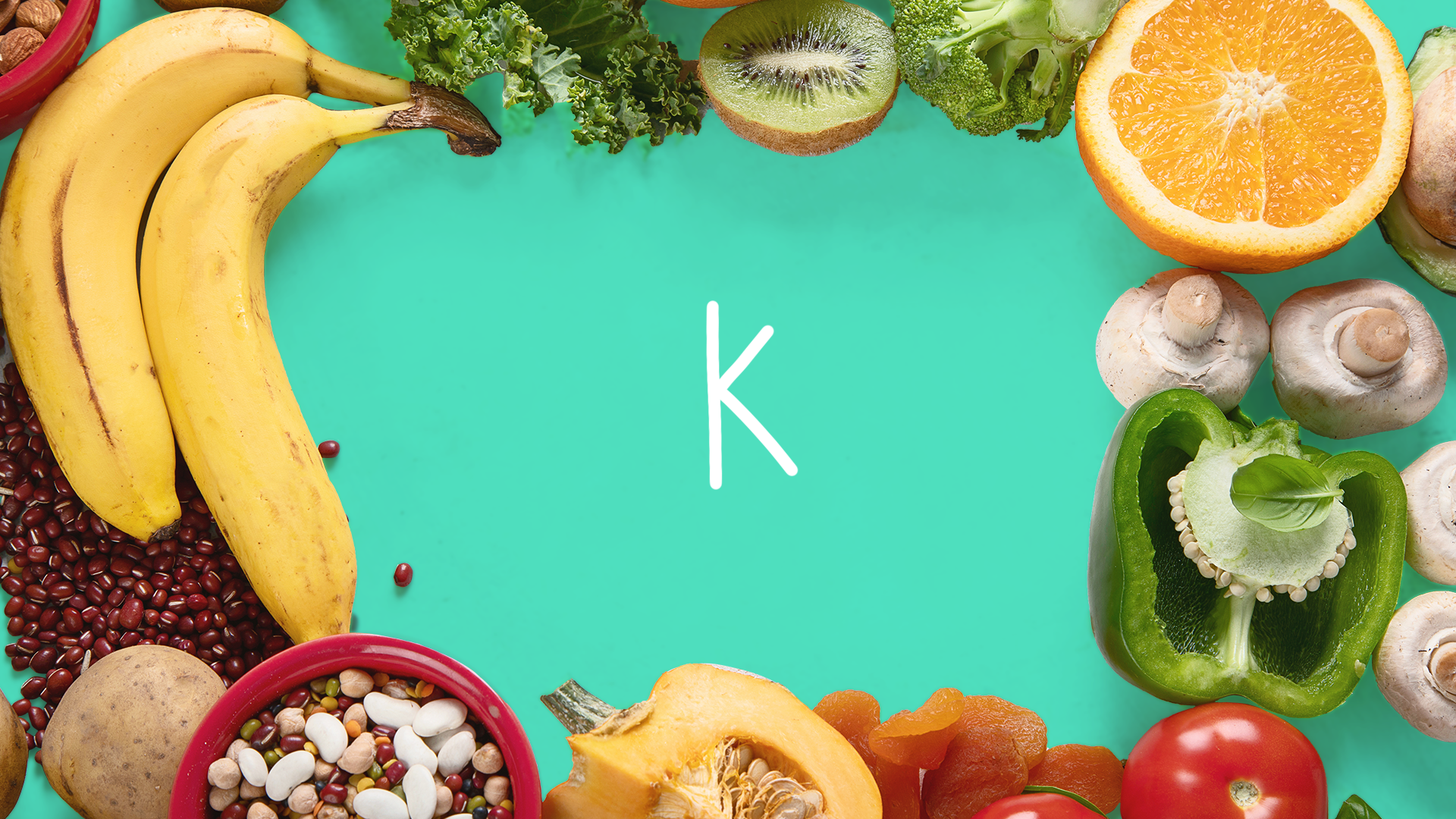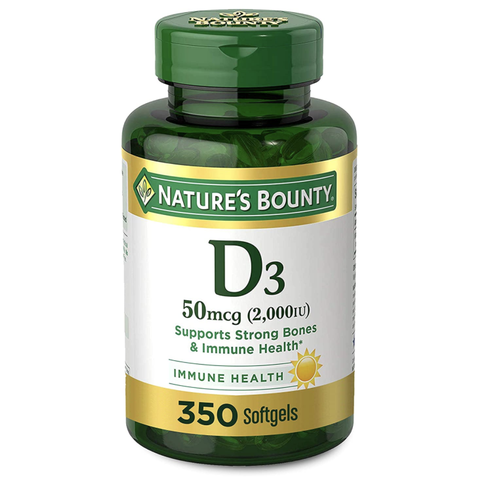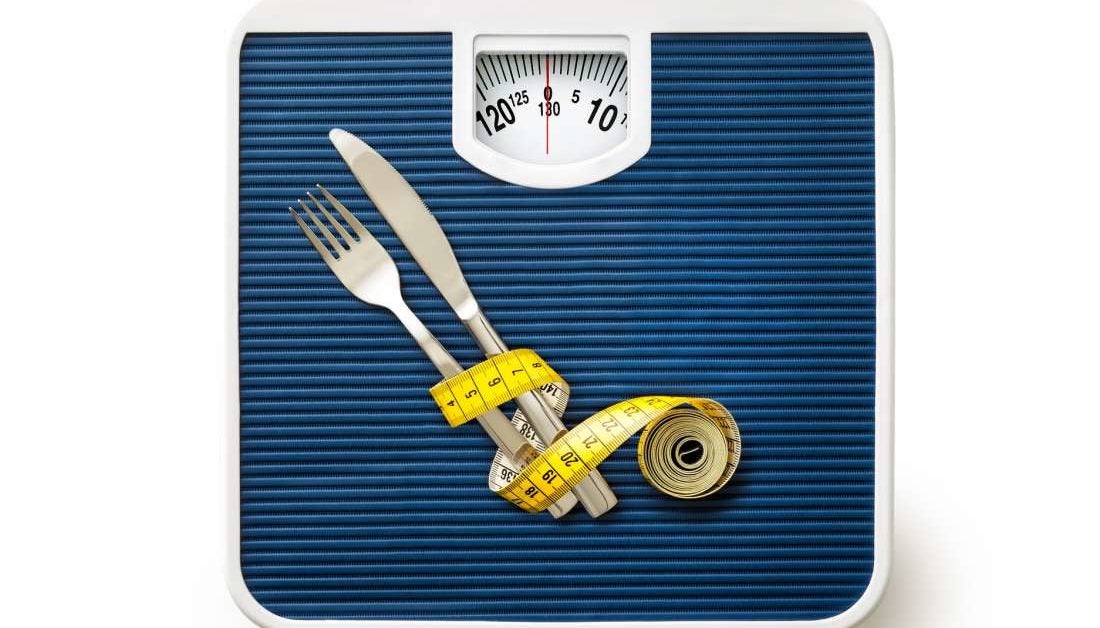The goal is not to make up for years of not getting enough protein in an afternoon. Too much of any single food may contribute to weight gain and nutrient deficiencies.
 Can You Eat Too Much Avocado Health Essentials From Cleveland Clinic
Can You Eat Too Much Avocado Health Essentials From Cleveland Clinic
Eating Too Much Potassium Potassium.

What happens when you eat too much potassium. Anything less than 350mgday is usually considered safe. A potassium level higher than 55 mmolL is critically high and a potassium level over 6 mmolL can be life-threatening. Keep in mind that it is less likely to develop magnesium toxicity if you are taking magnesium from dietary sources alone.
Small variations in ranges may be possible depending on the laboratory. High potassium can even cause a heart attack or death. You wont have symptoms until it becomes life-threatening but certain medications are known to cause it.
Eating intuitively eating when youre hungry stopping when youre full should be simple enough right. It can also trigger cardiac arrest. Potassium is a mineral and electrolyte considered essential meaning it must come from the diet.
The role potassium plays in muscle function is quite apparent. Hyperkalemia happens when too much potassium is in your blood. Potassium is primarily in fruits and vegetables.
When you have too much potassium in your blood it is called high potassium or hyperkalemia. Keep the product out of the reach of children. Chocolate bran products nuts and yogurt.
This condition causes nausea a slower pulse and an irregular heartbeat. If you eat too much light exercise and staying hydrated can help ease any discomfort. The upper limit for potassium consumption isnt firmly established but too much of it can cause kidney failure abnormal heart rhythms and other significant health issues.
When people are diagnosed with hyperkalemia it usually means their kidneys arent functioning properly as their bodies arent excreting enough potassium. Having too much potassium in the body can alter the hearts rhythm. It is important to know that most cases of hyperkalemia increased potassium in the bloodstream are not due to excessive dietary intake.
The current recommendation for potassium intake is 4700 milligrams daily but the Academy of Nutrition and Dietetics reports that most people eat. Potassium and Your Kidneys Normally the kidneys are your bodys exit ramp for excess potassium. In fact if youve noticed that youve been getting cramps while exercising consider upping your mushroom intake.
Theyre full important nutrients but eating too many could end up doing more harm than good. When you eat too much your digestive system has to work on overdrive causing a spike in blood sugar an upset stomach and feelings of lethargy. Having too much potassium in your blood can be dangerous.
Too many bananas cause an excess of potassium which can trigger hyperkalemia. Taking too much Metamucil can cause Metamucil overdose symptoms which can include abdominal pain nausea vomiting or other symptoms of an overly high fiber diet. Most cases are due to electrolyte imbalance and excretion problems in the kidney.
Heres a symptom of too much potassium that likely is caused by taking a potassium supplement or otherwise getting too much of a good thing. When you consume foods with potassium any excess potassium that your body doesnt need is removed by your kidneys and excreted through your urine. You may also experience other GI symptoms such as nausea stomach upset abdominal cramps and vomiting.
Unfortunately many people do not feel symptoms of high potassium until its too late and their heart health worsens. Since a lack of potassium is one of the things associated with muscle cramps increasing your potassium intake could help to prevent this painful problem via Medical University of South. Take it slowly and gradually introduce the body to adequate amounts of potassium.
More than a dozen bananas in a short span of about a day can lead to too much. In addition some Metamucil products contain potassium which should not be taken in high doses. Bananas are a great source of potassium but too much of a good thing can be dangerous.
It is very uncommon to see a patient developing symptoms of hyperkalemia just by increasing potassium intake.

/VW-Fit-v1-The-8-Best-Vitamin-D-Supplements-of-2021-According-to-a-Dietitian-4163501-primary-08840b6f48b34aeaad349b8c905ef751.jpg)









